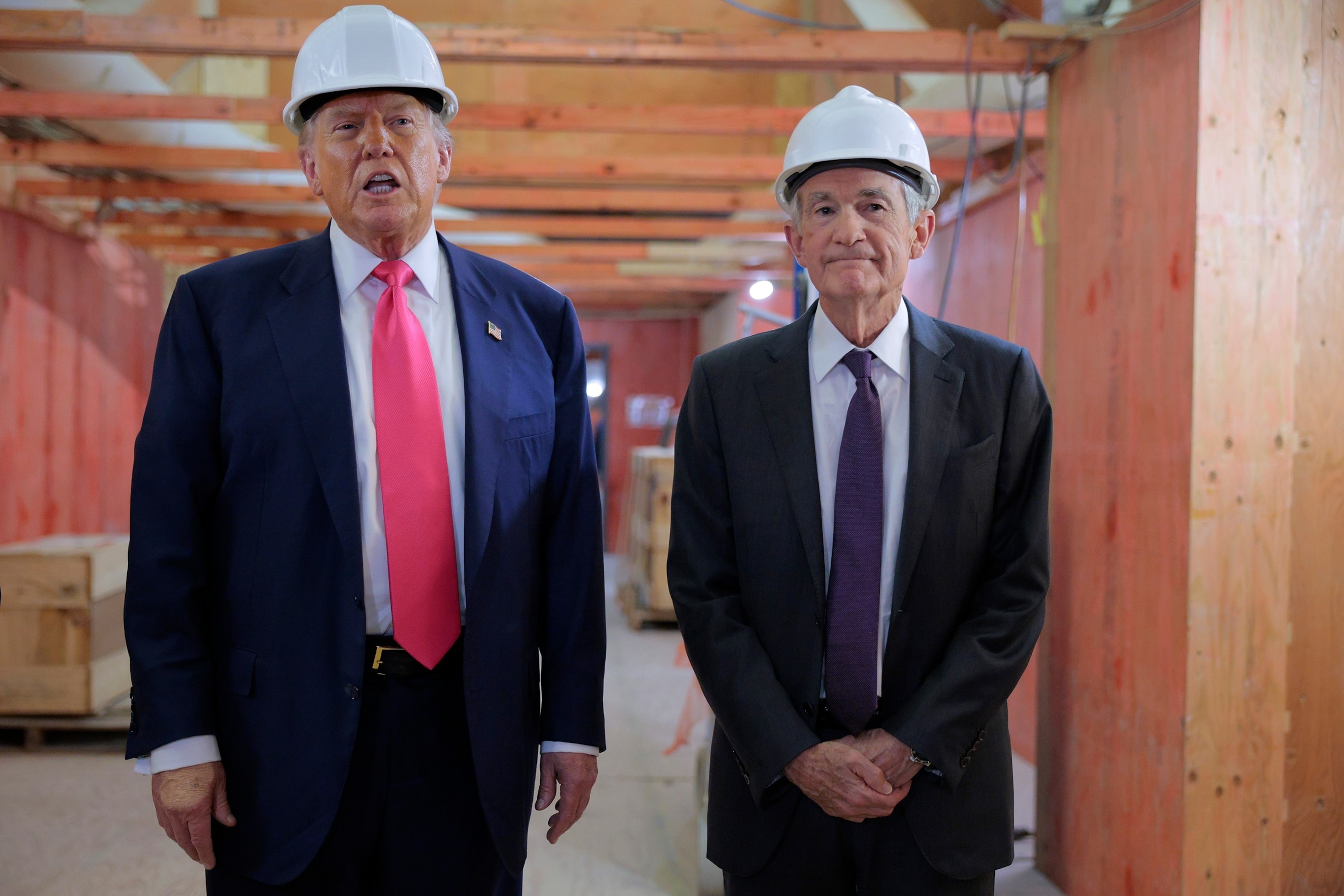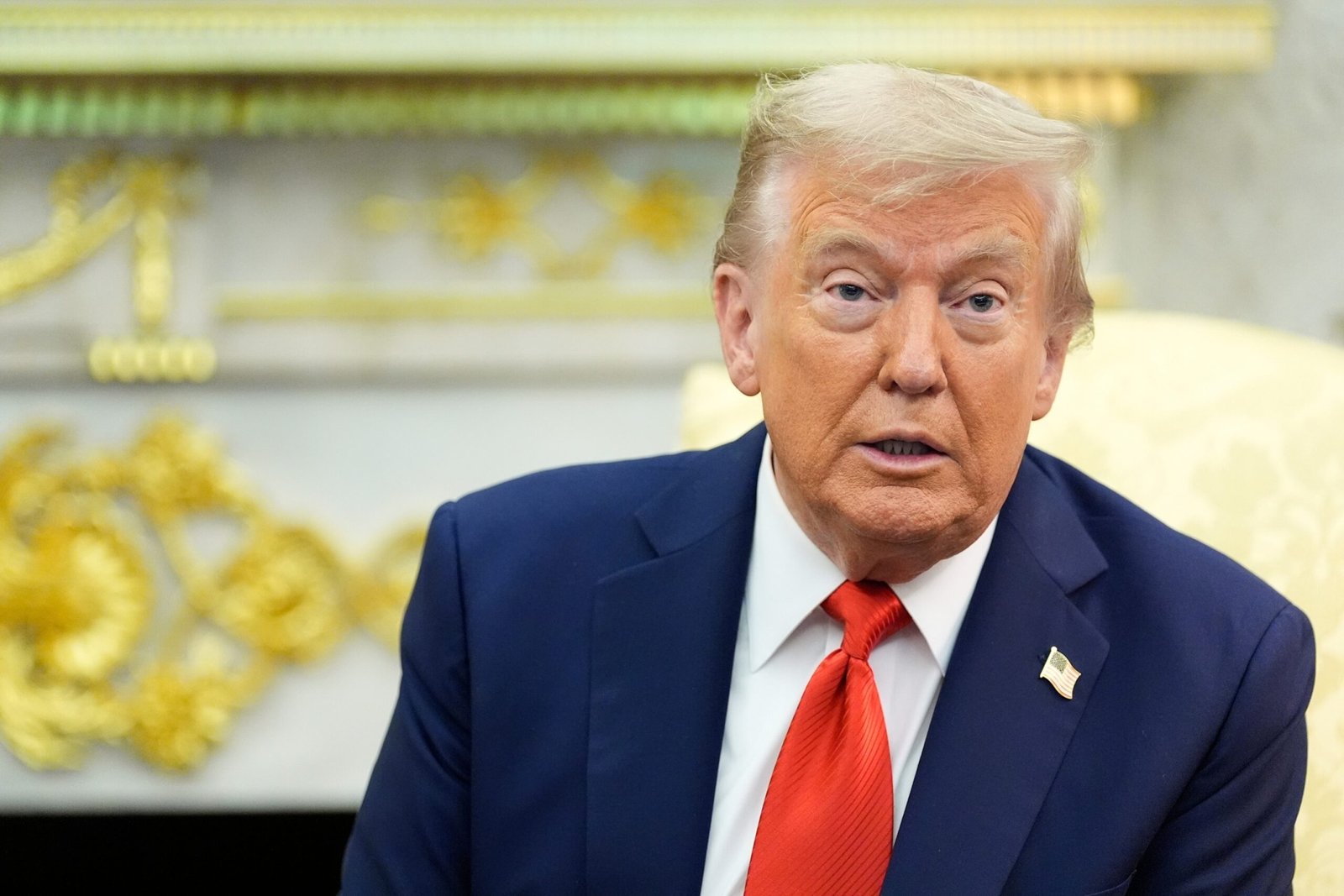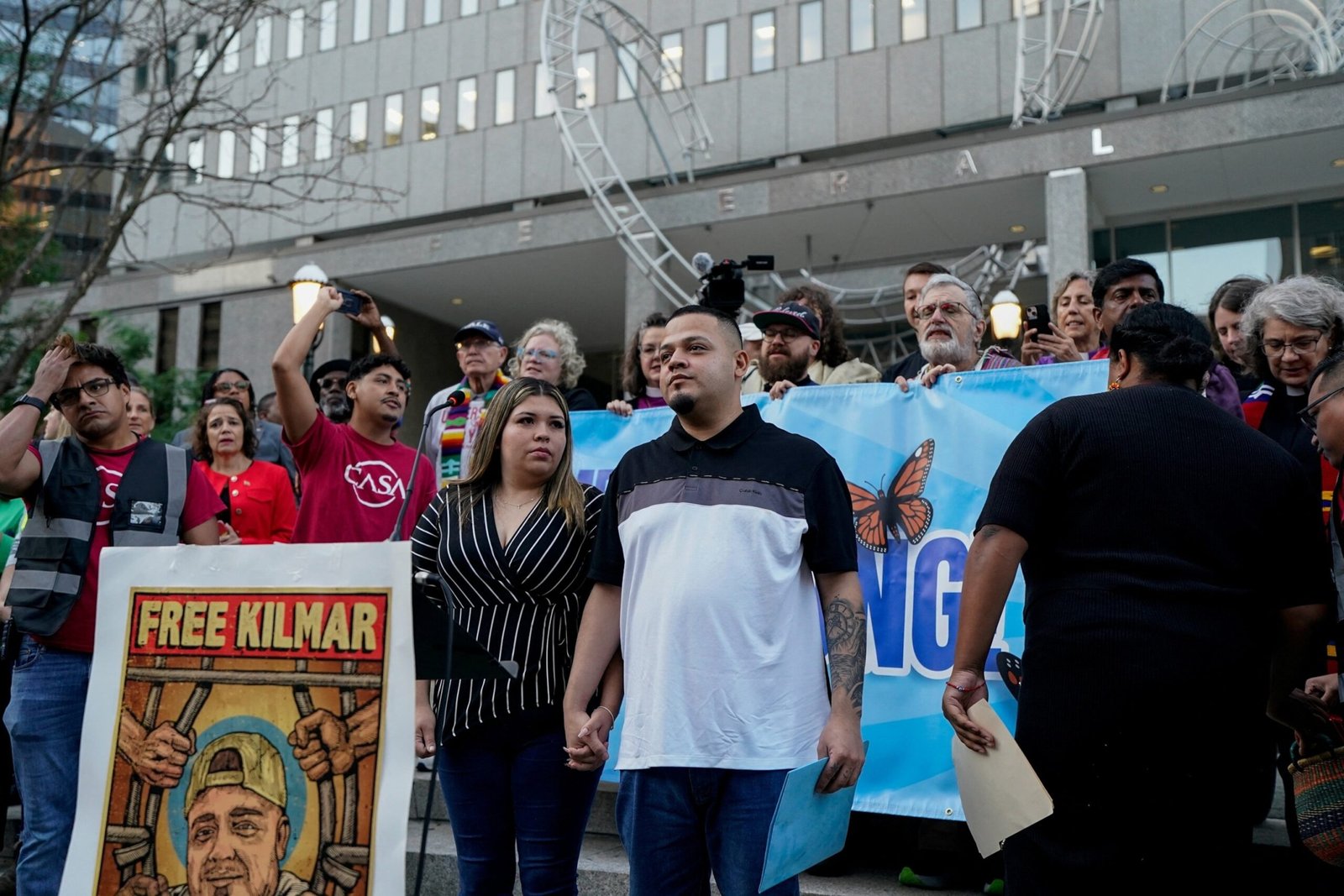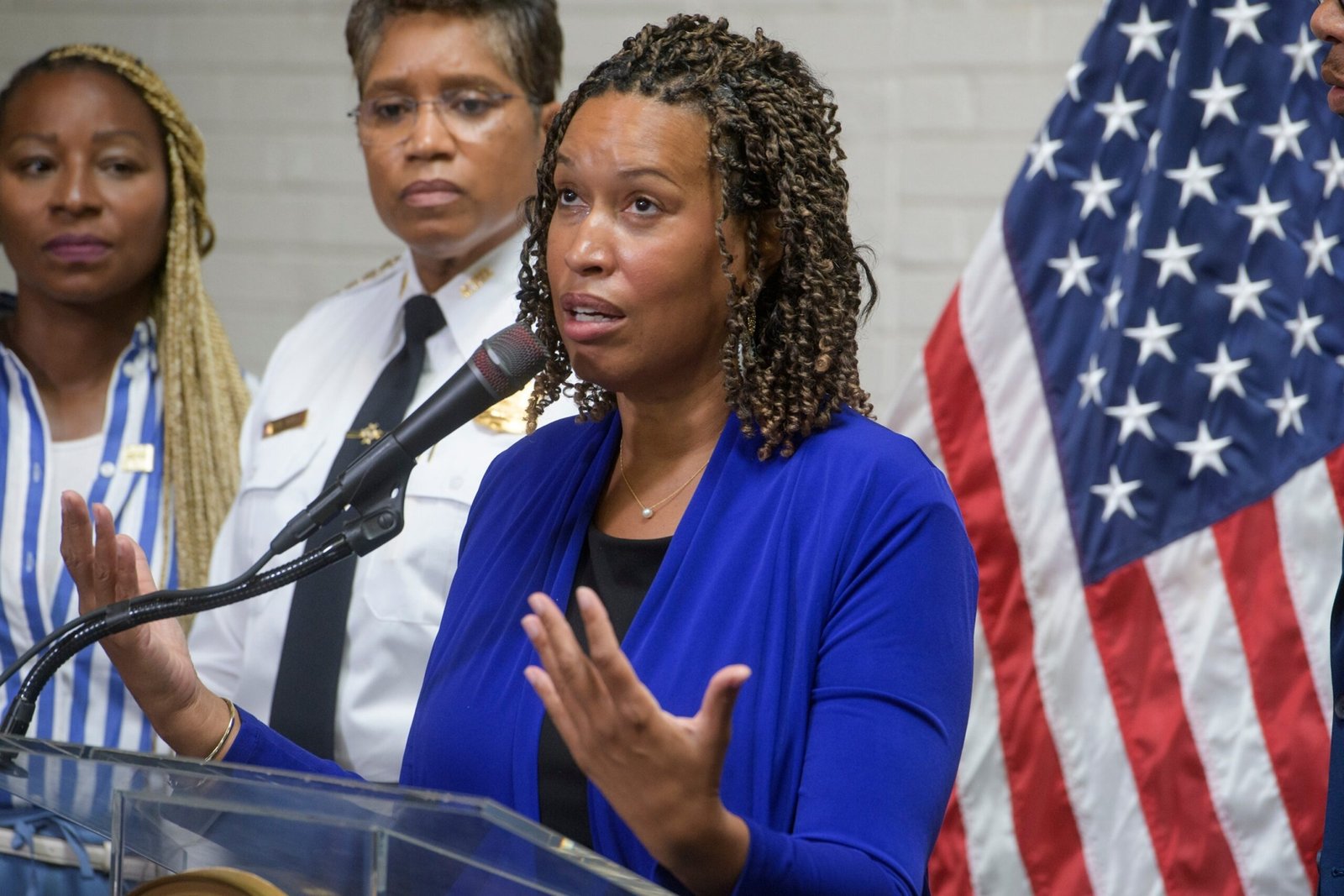The president of the Federal Reserve, Jerome Powell, said Friday that the Central Bank faces a “challenging situation” as a deceleration of the hiring coincides with the price increases driven by the rate, exercising pressure on both sides of the double mission of the Fed to maximize employment and control inflation.
Speaking at an annual meeting at Jackson Hole, Wyoming, Powell said that “the effects of tariffs on consumer prices are now clearly visible.” He added that the Fed expects these price increases to “accumulate in the coming months.”
Even so, Powell said, the “risk balance seems to change” in the light of a deceleration of hiring made it clear in a weak job report earlier this year that included acute reviews of work profits in recent months.
Powell said the Fed “would proceed carefully,” but hinted at the possibility of a change in interest rates, saying “the changing balance of risks can justify adjusting our policy position.”
Future markets seemed to interpret Powell’s speech as an indication that Fed would reduce interest rates in their next meeting in September. Minutes after the speech, investors linked the possibilities of a reduction in the interest rate of a point in 91%, above a 75% probability evaluated one day before, according to CME Fedwatch tool, A measure of the feeling of the market.
The actions recovered after Powell’s comments. The industrial average Dow Jones rose almost 800 points, or 1.7%, while the S& P 500 jumped 1.4%. The nasdaq heavy technological rose 1.7%.
For months, President Donald Trump has urged Fed to reduce interest rates in an effort to boost economic performance and reduce interest payments on government debt. Until now, the Fed has refused, choosing to maintain stable interest rates as policy formulators observe the effects of tariffs.
Trump increased his pressure campaign this week, asked the governor of the FED, Lisa Cook, to resign after a Trump administration official claimed that he had committed mortgage fraud. Cook rebuilt the impulse to resign, saying that “it has no intention of being intimidated to give up my position due to some questions raised in a tweet.”
The political shock has coincided with a tense moment for the Central Bank.
The hiring slowed in recent months, threatening to undermine a part of the Fed mission dedicated to maximizing employment. At the same time, an underlying inflation measure has been recovered, putting the effort of the Central Bank at risk to control price increases.
Policy formulators face. If the Fed increases interest rates as a means to protect against inflation induced by the rate, run the risk of bowing to the economy in a recession. On the other hand, if the Fed reduces rates to stimulate the economy against a potential deceleration, threatens to increase spending and make inflation worse.
“When our objectives are in tension like this, our frame requires us to balance both sides of our double mandate,” Powell said, recognizing the difficult options faced by policy formulators.
Five meetings and eight months have passed since the last time the Fed adjusted interest rates. The federal fund rate represents between 4.25% and 4.5%, preserving much of a strong increase imposed in response to an episode of inflation of the pandemic era.
On Friday, Powell reiterated the opinion of the Central Bank that tariffs have already begun to increase consumer prices. But, he added, the central bankers focus mainly on the issue of whether these price increases will create a “continuous inflation problem.”
The possibility of persistent inflation is still clear, Powell said, but the Fed must take into account the possibility of increasing price increases, since the level of interest rates weighs.
Friday’s speech marked Powell’s first public comments since they report weak works, offering the opportunity to inform viewers about whether they are mainly concerned about inflation or employment. Powell seemed to indicate concern on both sides of the double mandate of the Fed.

President Donald Trump and the president of the Federal Reserve, Jerome Powell, talk to journalists while traveling the renewal project of the Federal Reserve of $ 2.5 billion, July 24, 2025 in Washington.
Somodevilla/Getty chip
In his speech in Jackson Hole, Powell did not seem to address the pressure of the Trump administration.
In recent weeks, Trump has criticized Powell for excess costs linked to the buildings renewal project of $ 2.5 billion of the Central Bank.
The Fed attributes expenses of expenses to increases in unforeseen costs, saying that the renewal of its building ultimately “will reduce costs over time by allowing the Board to consolidate most of its operations”, according to those of the Central Bank. website.
The Federal Law allows the President to eliminate the president of the Fed for “cause”, although no president has done so. Powell’s term as president will expire in May 2026.
At the press conference last month, Powell advocated the independence of the Federal Reserve.
Political independence, Powell said, gives central bankers the “ability to make these very challenging decisions so that they focus on the data, the evolutionary perspective, the balance of risk, and not on political factors.”




